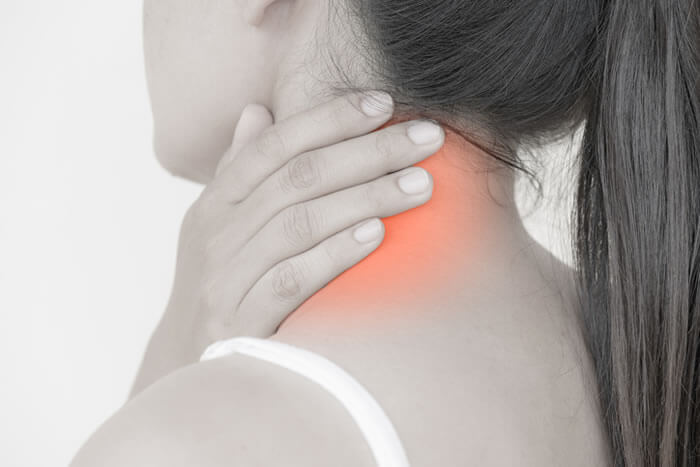Acupuncture & TMJ
Signs & Symptoms associated with TMJ
- Grinding
- Clenching
- Clicking/popping in the jaw
- Jaw pain/discomfort
- Neck and shoulder tension or pain
- Headaches
How Acupuncture can Help:
Acupuncture aims to target the root cause of any condition by working to re-balance the energy channels in the body. These energy channels can become stagnant/blocked or deficient due to either physical or emotional stress, over-work, injury, or poor lifestyle and diet.
- Reduce stress response in the body
- Relax muscles in the jaw, neck and head
- Reduce pain by releasing endorphins & changing nerve signals
- Release endorphins and neurotransmitters to reduce pain (“feel-good” chemicals/body’s natural painkiller)
Other Factors that may play a Role:
- Allergens: chemical, seasonal, food can increase clenching and muscle tightness
- Stimulants: caffeine, chocolate, coffee, tea, sodas
What does a treatment look like?
- Hair thin needles may be placed in extremities and in the jaw/facial regions
- Why would you put a needle in my foot to treat my jaw? – “distal” points on the extremities are connected to the jaw and face via energy pathways called meridians. By needling these, we can influence the Qi/energy flow to the jaw to relieve pain and inflammation
- Many people feel very relaxed during treatment and even fall asleep for a mini nap
- A patient is generally on the table for about 20-30 minutes
If you experience TMJ symptoms, chronic headaches and neck tension, there’s a good chance that acupuncture treatments can help provide long-term relief from your discomfort.
Nicole Brown
Acupuncturist Brookline
Acupuncturist Needham
Follow Inner Sage on Facebook







